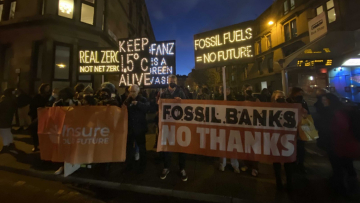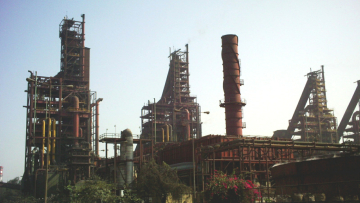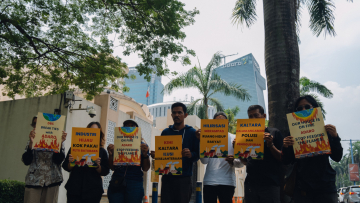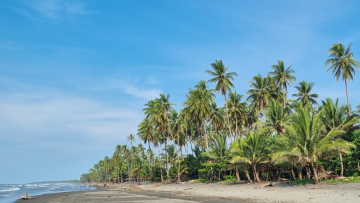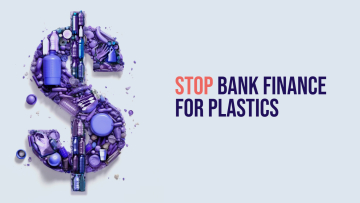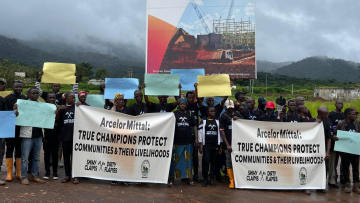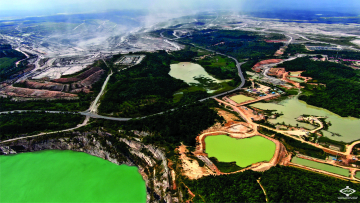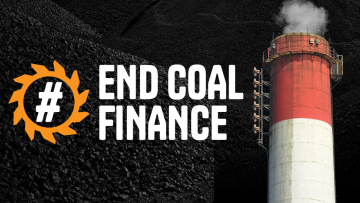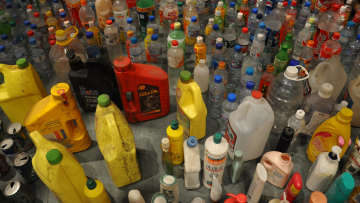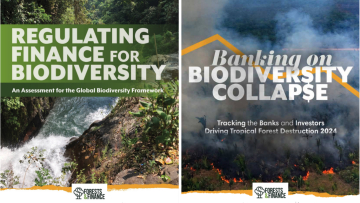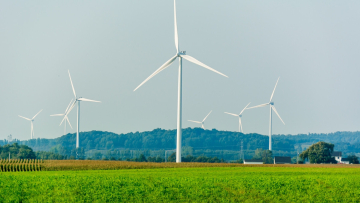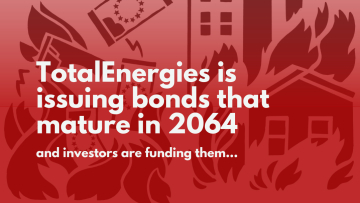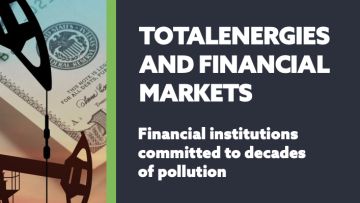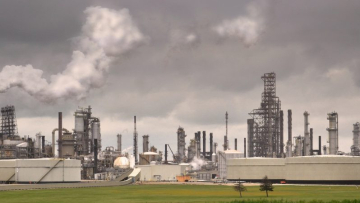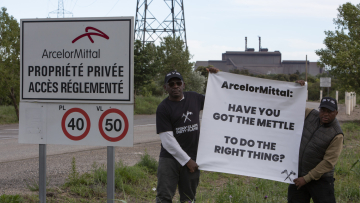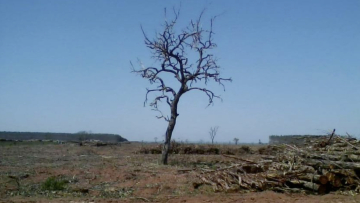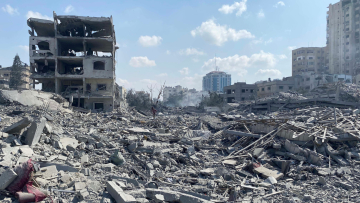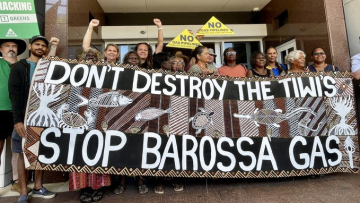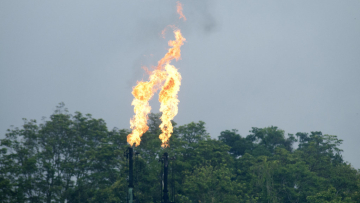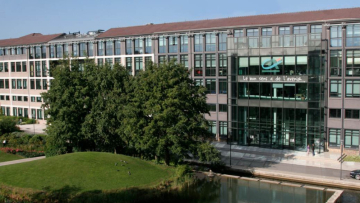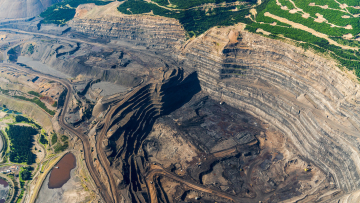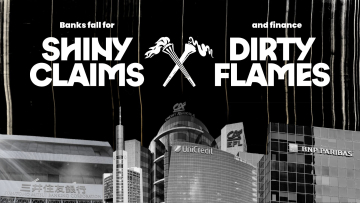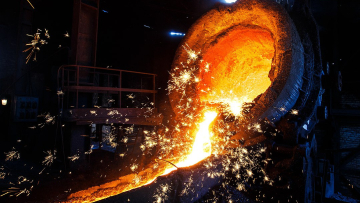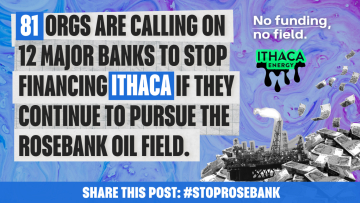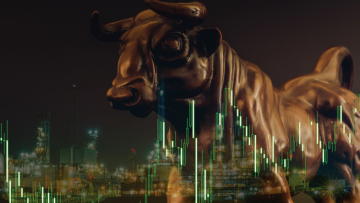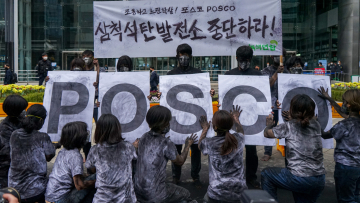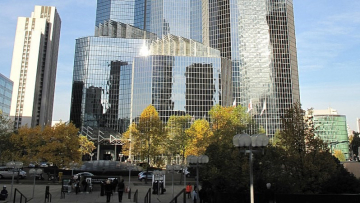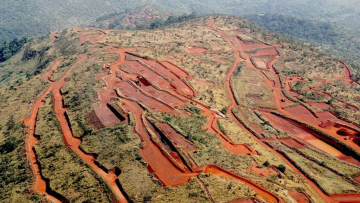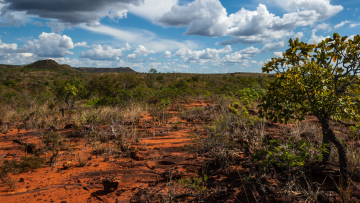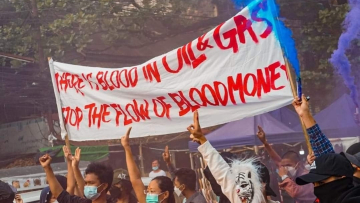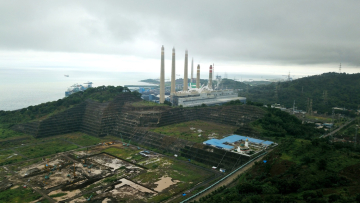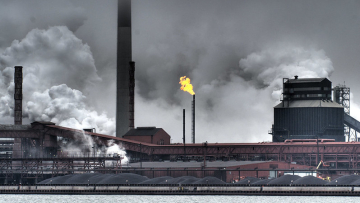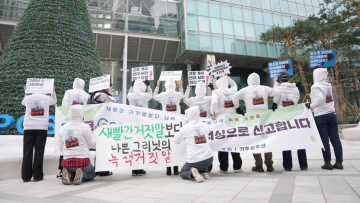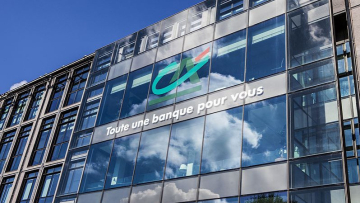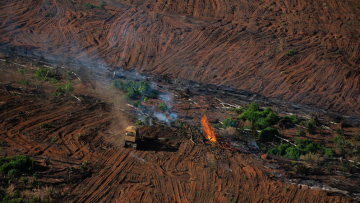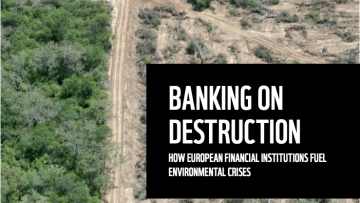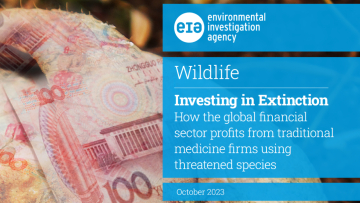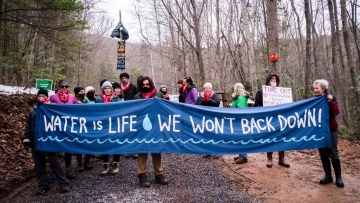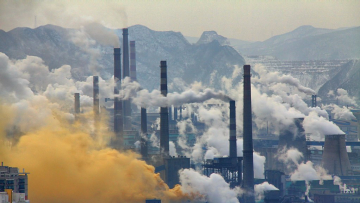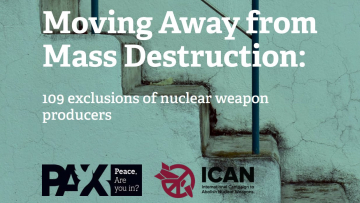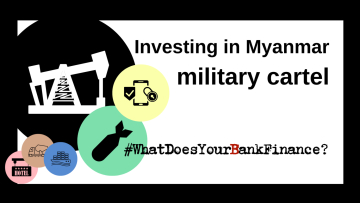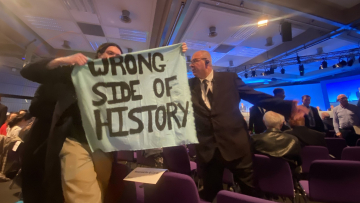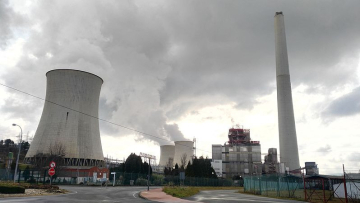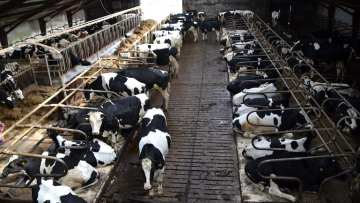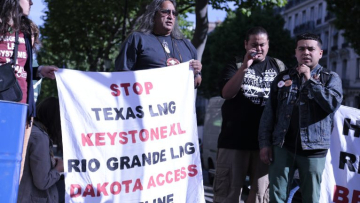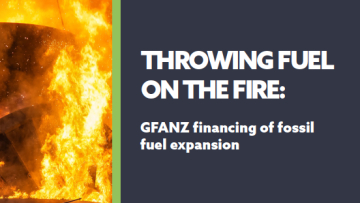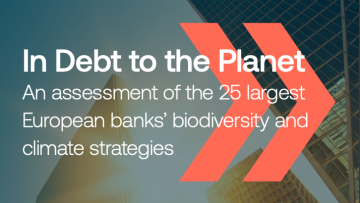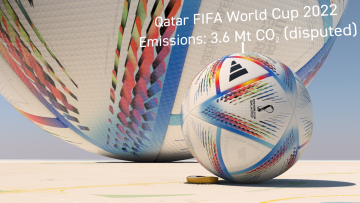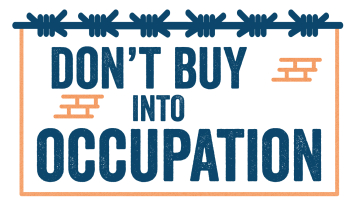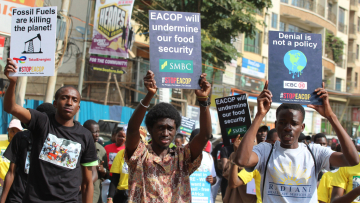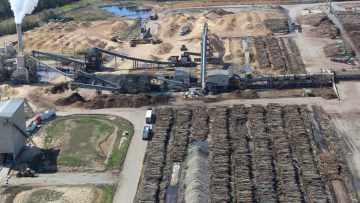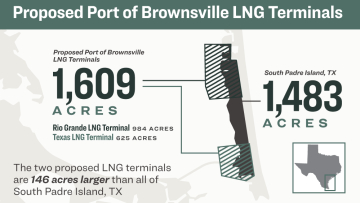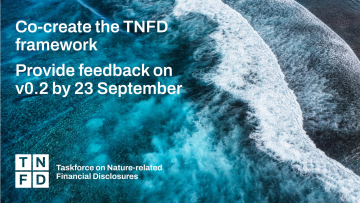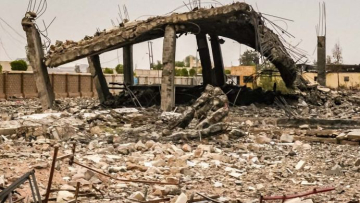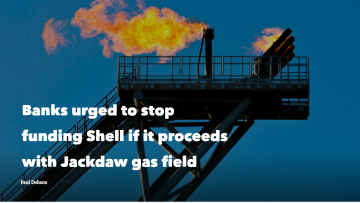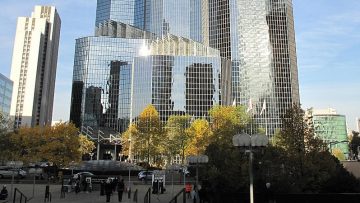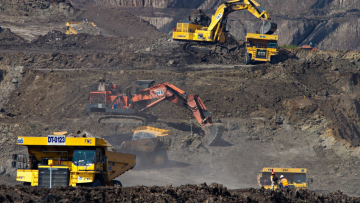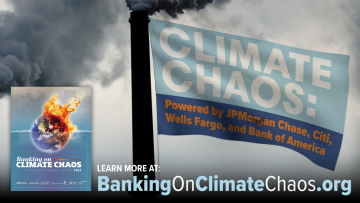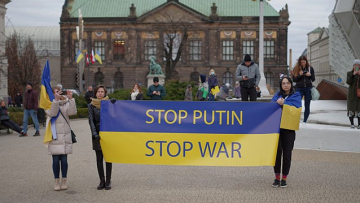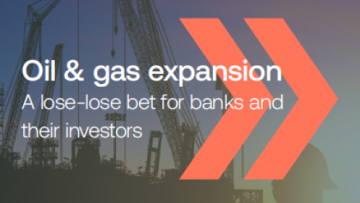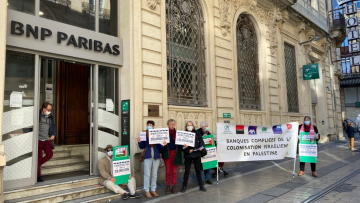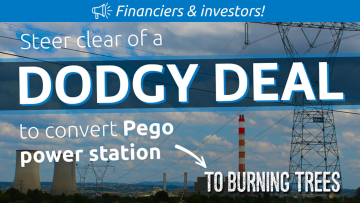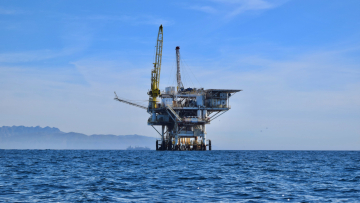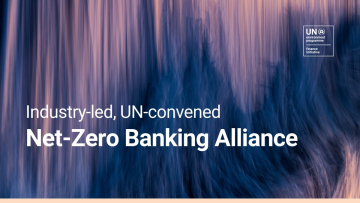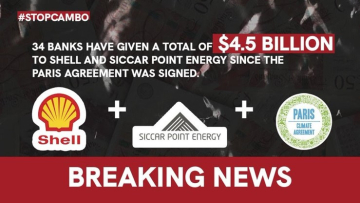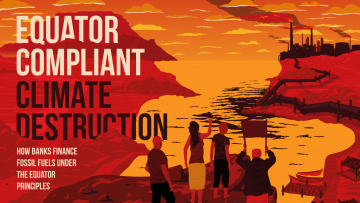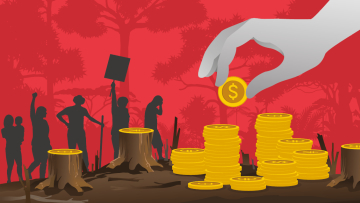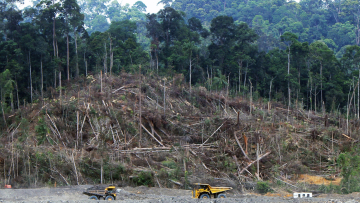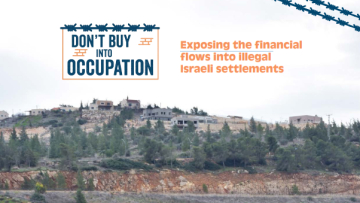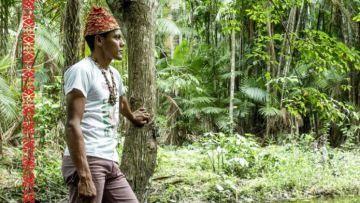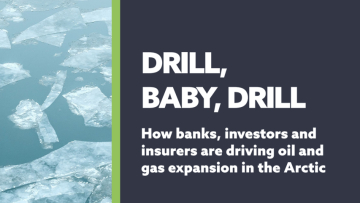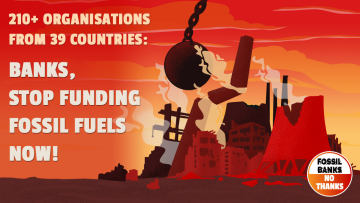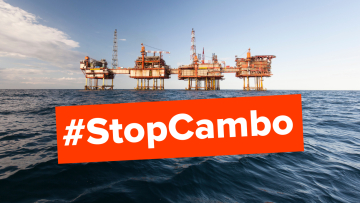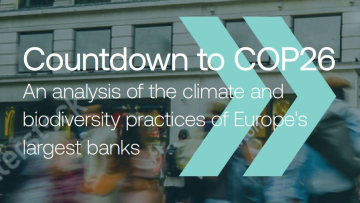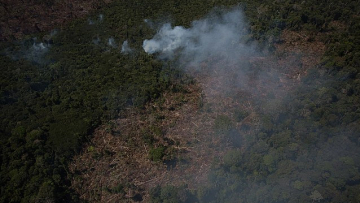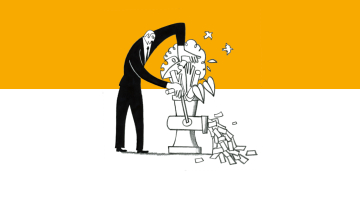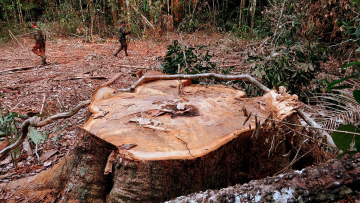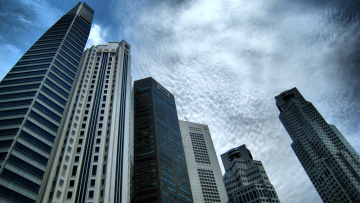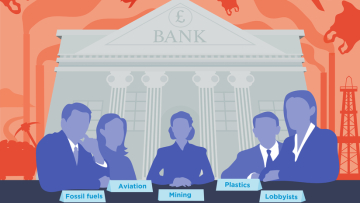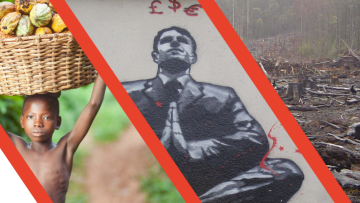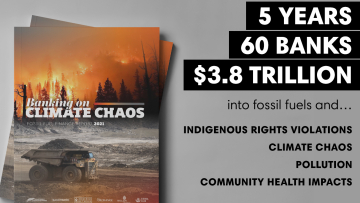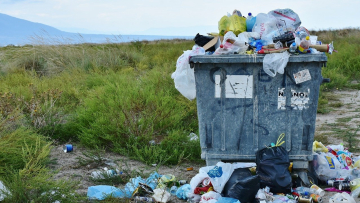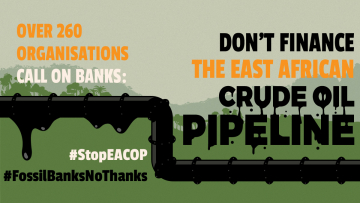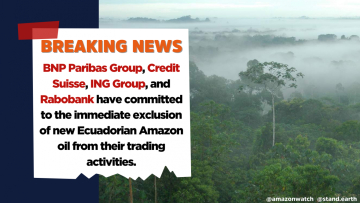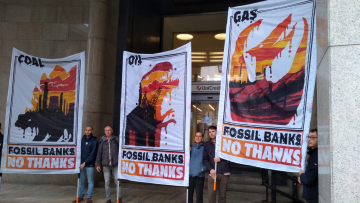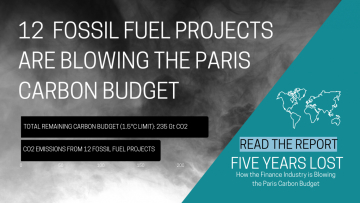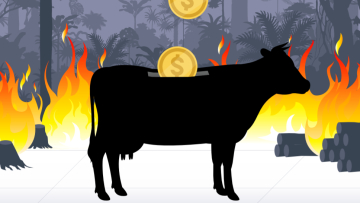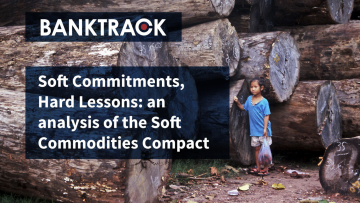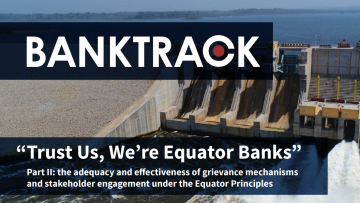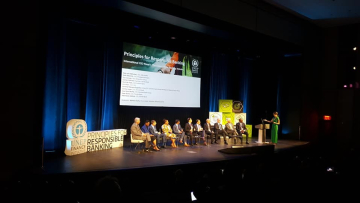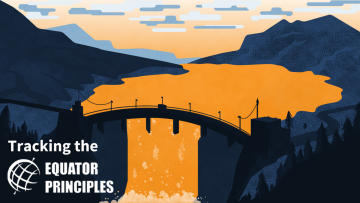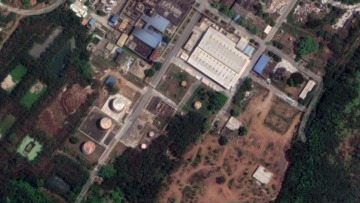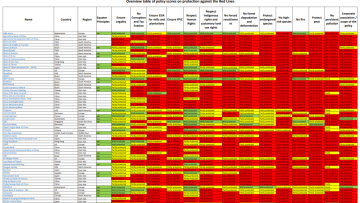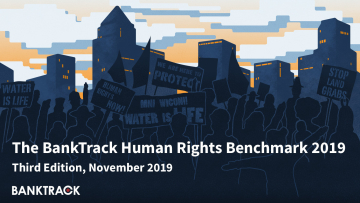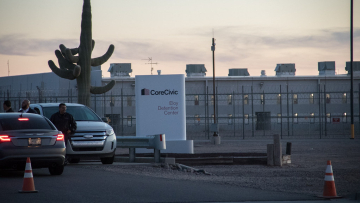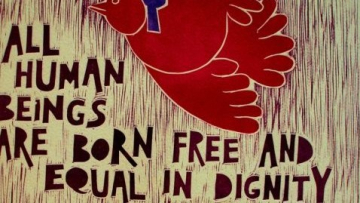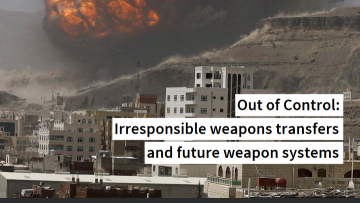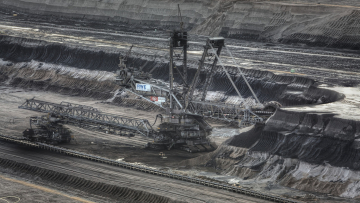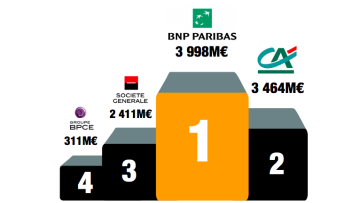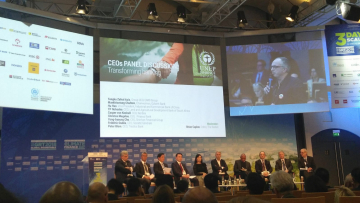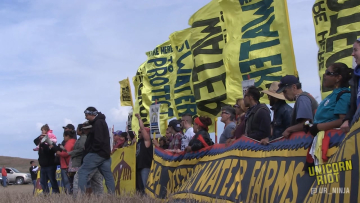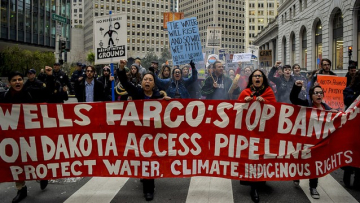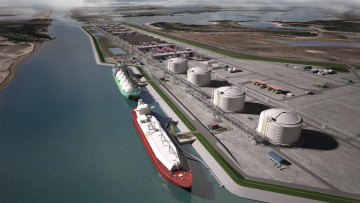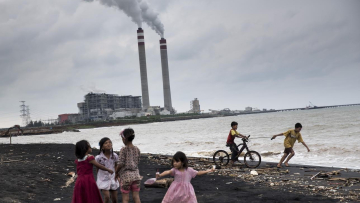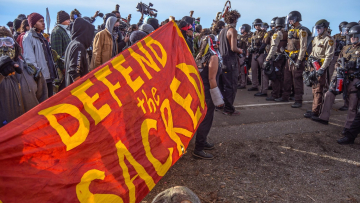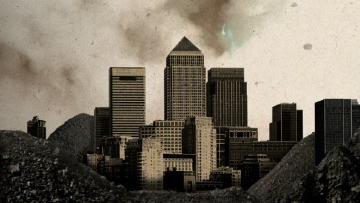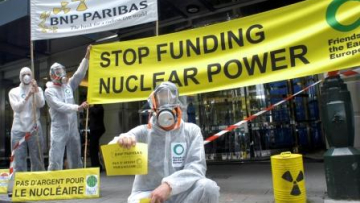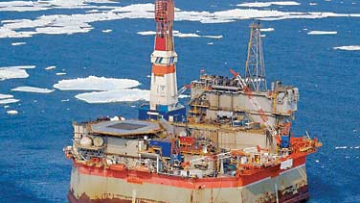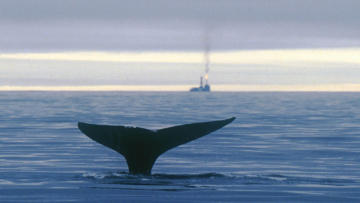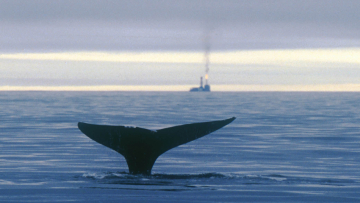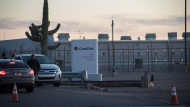
Active
This profile is actively maintained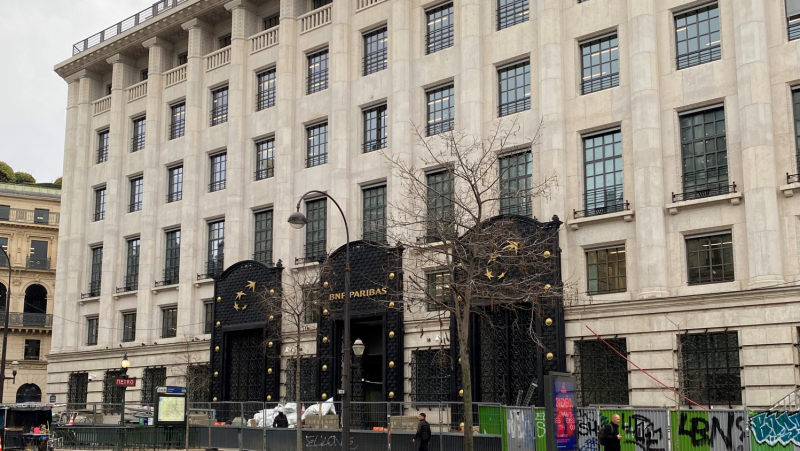
Active
This profile is actively maintained| Website | http://www.bnpparibas.com/en |
| Headquarters |
16, boulevard des Italiens
75009 Paris
France
|
| CEO/chair |
Jean-Laurent Bonnafé Director and CEO |
| Supervisor | |
| Ownership |
listed on NYSE
BNP Paribas' shareholder structure can be accessed here. |
| Subsidiaries |
BNP Paribas Fortis – Belgium (profile)
|
BNP Paribas is one of the main banks in Europe. It was created on 23 May 2000 through the merger of Banque Nationale de Paris (BNP) and Paribas. Together with Société Générale and Crédit Lyonnais it is one of the 'three old banks' of France. BNP Paribas is an universal bank and operates in three main business areas: retail banking, corporate investment banking and investment solutions.
BNP Paribas 's most important sustainability commitments can be found at the website sections listed below.
BNP Paribas is linked to a number of companies and projects that BankTrack considers controversial (so called Dodgy Deals), e.g. as a current or past financier or through an expression of interest. The profiles below provide more details on the nature of BNP Paribas's link to these deals.
BNP Paribas has a whistleblowing channel, which allows external stakeholders to raise concerns, including those related to human rights.
Stakeholders may also raise complaints via the OECD National Contact Points (see OECD Watch guidance).
BNP Paribas is an Equator Principles signatory. While the Equator Principles have no official grievance mechanism, complaints relating to this bank's financing of Equator Principles projects can be filed through our own website www.equator-complaints.org.
This page evaluates BNP Paribas's responses to instances of alleged human rights violations linked to its finance, raised by civil society organisations. It is not intended to be exhaustive, but covers selected impacts raised by BankTrack and other civil society partners since 2016. For the full scoring methodology, see here. For more information about BankTrack's evaluation of bank responses to human rights impacts, see the 2021 report "Actions speak louder: assessing bank responses to human rights violations".
The bank did not publicly respond.
Following the bank's response: Although it responded, the bank required it to be kept confidential. As this is not a public response, the score remains unchanged.
No information available on whether the bank engaged with its client or took appropriate action.
Following the bank's response: The bank has not provided any public information on its engagement with the company or whether it took any appropriate action, therefore the score remains unchanged.
The bank publicly responded providing details of its policies related to the sector, but it did not acknowledge its link to the impact or comment on or respond to the substance of the issues raised.
Following the bank's response: The score remains unchanged as the required elements of the response are not present.
The bank does not detail whether or how it has engaged with its clients in the sector, nor whether it took appropriate action in the specific case that was raised.
The bank's response stated that in 2021 it revised its Agriculture sector policy, resulting in it only providing financial products or services to companies with a strategy to achieve zero deforestation in their production and supply chains by 2025 at the latest. This constitutes evidence that the bank has reviewed its management systems to prevent such impacts from occuring in the future. However this is not considered an appropriate and sufficient remedy by rights-holders involved in raising the issue with the bank as the policy does not include the commitments requested by them in the report; therefore it receives a half score.
Following the response: The bank's score was amended to 0.5.
Following the bank's response: The bank has not provided details on how it monitored the progress of specific companies or how the bank monitored the impact on rights-holders involved in raising the issue with the bank of its own action of updating the Agriculture sector policy. Therefore, the score remains unchanged.
Following media reporting: News sources subsequently reported that the bank will not finance the project, however, the bank has not responded to stakeholders or confirmed its position publicly, so there is no change in score.
Following media reporting: Media reports suggest the bank has taken appropriate action by refusing to provide finance to the project, however, the bank has not set this position out publicly, so there is no change in score.
Following the bank's response: The bank has not provided details on how it monitored the progress of specific companies or how the bank monitored the impact on rights-holders involved in raising the issue with the bank of its own action of updating the Agriculture sector policy. Therefore, the score remains unchanged.
Banks and Climate
The 2025 Banking on Climate Chaos report showed that BNP Paribas provided $66.5 bn in financing to the fossil fuel industry between 2021 and 2024. In 2024 only, PNC provided $14.1 bn, including $5.9 bn for oil, gas and coal companies expanding fossil fuels. Find further details on BNP Paribas' fossil fuel portfolio and how it compares to other large banks globally on the Banking on Climate Chaos website below.
Partner organisation Reclaim Finance tracks the coal, oil and gas policies of financial institutions, including banks, in their Coal Policy Tool (CPT) and the Oil and Gas Policy Tracker (OGPT). BankTrack works closely with Reclaim Finance and endorses their policy assessments. Find further details on their assessment of BNP Paribas’ fossil fuel policy below.
False Solutions Tracker
The purpose of the False Solutions Tracker is to give a clear overview of energy technologies that fall under banks' individual sustainable finance commitments. The tracker lists 11 energy technologies that are usually associated with the energy transition and the decarbonisation of the economy. These technologies are defined here and classified in three categories:
-
Real solutions: Technologies that deliver on a Just Transition towards Energy Democracy. BankTrack considers these technologies as real solutions only if and when they do deliver Energy Democracy.
-
Solutions under strict conditions: Energy technologies that could be real solutions if they deliver on a Just Transition towards Energy Democracy but that could also be false solutions. This is the case of hydrogen and hydropower. On one hand, fossil-free and green hydrogen could be a real solution under certain conditions. However, fossil-based hydrogen and nuclear hydrogen are always false solutions. On the other hand, hydropower lifespan extension could also be a real solution under strict conditions while hydropower expansion is a false solution.
-
False solutions: Energy technologies that are not aligned with a just transition towards Energy Democracy.
For each one of the 11 energy technologies, the tracker indicates if it is included in bank's individual sustainable finance commitments:
For Real solutions:
- : Yes, the bank includes its finance towards this energy technology in its sustainable finance reporting.
- : Yes, the bank includes its finance towards this energy technology in its sustainable finance reporting, but under certain conditions. In this case, those conditions are mentioned in the "relevant policy document" section for each bank.
- : No, the bank does not include its finance towards this energy technology in its sustainable finance reporting.
- : It is unclear whether the bank includes or not its finance towards this energy technology in its sustainable finance reporting.
For solutions under strict conditions and for false solutions:
- : Yes, the bank includes its finance towards this energy technology in its sustainable finance reporting.
- : Yes, the bank includes its finance towards this energy technology in its sustainable finance reporting, but under certain conditions. In this case, those conditions are mentioned in the "relevant policy document" section for each bank.
- : No, the bank does not include its finance towards this energy technology in its sustainable finance reporting.
- : It is unclear whether the bank includes or not its finance towards this energy technology in its sustainable finance reporting.
False Solutions Tracker expansion
The purpose of the False Solutions Tracker is to give a clear overview of energy technologies that fall under banks' individual sustainable finance commitments. The tracker lists 11 energy technologies that are usually associated with the energy transition and the decarbonisation of the economy. These technologies are defined here and classified in three categories:
-
Real solutions: Technologies that deliver on a Just Transition towards Energy Democracy. BankTrack considers these technologies as real solutions only if and when they do deliver Energy Democracy.
-
Solutions under strict conditions: Energy technologies that could be real solutions if they deliver on a Just Transition towards Energy Democracy but that could also be false solutions. This is the case of hydrogen and hydropower. On one hand, fossil-free and green hydrogen could be a real solution under certain conditions. However, fossil-based hydrogen and nuclear hydrogen are always false solutions. On the other hand, hydropower lifespan extension could also be a real solution under strict conditions while hydropower expansion is a false solution.
-
False solutions: Energy technologies that are not aligned with a just transition towards Energy Democracy.
For each one of the 11 energy technologies, the tracker indicates if it is included in bank's individual sustainable finance commitments:
For Real solutions:
- : Yes, the bank includes its finance towards this energy technology in its sustainable finance reporting.
- : Yes, the bank includes its finance towards this energy technology in its sustainable finance reporting, but under certain conditions. In this case, those conditions are mentioned in the "relevant policy document" section for each bank.
- : No, the bank does not include its finance towards this energy technology in its sustainable finance reporting.
- : It is unclear whether the bank includes or not its finance towards this energy technology in its sustainable finance reporting.
For solutions under strict conditions and for false solutions:
- : Yes, the bank includes its finance towards this energy technology in its sustainable finance reporting.
- : Yes, the bank includes its finance towards this energy technology in its sustainable finance reporting, but under certain conditions. In this case, those conditions are mentioned in the "relevant policy document" section for each bank.
- : No, the bank does not include its finance towards this energy technology in its sustainable finance reporting.
- : It is unclear whether the bank includes or not its finance towards this energy technology in its sustainable finance reporting.
Banks and Human Rights
BankTrack assessed BNP Paribas in its 2024 Global Human Rights Benchmark, where it achieved 8.5 points out of 15 and was ranked as a “moderate achiever”.
The bank scored 0.5 out of 3 points on the new “specific rights indicators”, which assess how banks address human rights defenders, Indigenous Peoples’ right to Free, Prior and Informed Consent and environmental rights in their policies and practices.
In addition, BNP Paribas scored 0.55 out of 3 on how it responds to alleged human rights violations linked to its finance, which were raised by civil society organisations. More information is detailed in the "Accountability" section of this profile.
The table below shows BankTrack's assessment of how BNP Paribas has implemented the UN Guiding Principles on Business and Human Rights. Please click on 'expand all details' and 'explanation' for further information on the methodology.
Our policy assessments are always a work in progress. We very much welcome any feedback, especially from banks included in the assessments. Please get in touch at humanrights@banktrack.org.
Global Human Rights Benchmark 2022
Global Human Rights Benchmark 2024
Banks and Nature
BNP Paribas’ policies for forest-risk sectors (beef, soy, palm oil, pulp and paper, rubber and timber) have been assessed by the Forests & Finance coalition, achieving an overall score of 4.2 out of 10 and ranking it as a front runner. BNP Paribas achieved a score of 5.7 out of 10 specifically for its policies related to the beef sector and 6.1 out of 10 for its policies related to the palm oil sector. In addition, BankTrack and the Environmental Paper Network have assessed BNP Paribas’ policies related to the pulp and paper sector.
Between 2016 and 2022, BNP Paribas provided USD 5,682 million in credit to companies operating in these forest-risk sectors and held investments amounting to USD 24 million as of 2022.
BankTrack has also assessed BNP Paribas' policies related to the wood biomass sector and found that biomass is not mentioned in its policies and no safeguards or exclusions are in place for wood biomass. For more information, see the links below.
Forest & Finance Policy Assessment 2022: Overall scores
A bank can obtain a total of 10 points for the quality of its policies. The total score is based on their scores per sector, weighted against their financing and investment for each sector. For further details on this see here. Based on their overall score, banks are then classified as Laggards, Followers, Front runners or Leaders, as follows:
Forest & Finance Policy Assessment 2022: Beef
A bank can obtain a total of 10 points for the quality of its beef policy. The total score is based on their scores per sector, weighted against their financing and investment for each sector. For further details on this see here. Based on their overall score, banks are then classified as Laggards, Followers, Front runners or Leaders, as follows:
Forest & Finance Policy Assessment 2022: Palm Oil
A bank can obtain a total of 10 points for the quality of its palm oil policy. The total score is based on their scores per sector, weighted against their financing and investment for each sector. For further details on this see here. Based on their overall score, banks are then classified as Laggards, Followers, Front runners or Leaders, as follows:
Tracking the Net Zero Banking Alliance
BNP Paribas is a member of the Net Zero Banking Alliance (NZBA) and has therefore committed to reduce its financed emissions to net zero by 2050; within 18 months of joining the alliance set interim targets for 2030 (or sooner) for high emission priority sectors, and within 36 months set further sector targets; set new intermediary targets every 5 years from 2030 onwards; annually publish data on emissions and progress against a transition strategy including climate-related sectoral policies; and take a robust approach to the role of offsets in transition plans. BankTrack track's implementation of these commitments in the NZBA compliance tracker.
Banks and Russian Aggression in Ukraine
BankTrack is keeping track of the public response of BNP Paribas to Russia's illegal invasion of Ukraine. BNP Paribas publicly condemned the war. BNP Paribas is considered by Leave-Russia.org to be "suspended" its operations in Russia. We categorise its exposure to Russia as moderate, with over $3.3 billion of financial assets. BNP Paribas supports the Russian fossil fuel industry through investments, loans, and underwriting. For further details, see the table linked below.
Banks and Steel
As part of the Net Zero Banking Alliance (NZBA), BNP Paribas is required to set interim targets for 2030 for high emission priority sectors. For BNP Paribas, this includes its lending to the steel sector. You can see BNP Paribas’s iron and steel decarbonisation targets, and its progress towards meeting them in our NZBA steel targets compliance tracker:
Partner organisation Reclaim Finance’s 2023 report on metallurgical coal financing showed that BNP Paribas provided US$ 4.4 billion in loans and underwriting to developers of new metallurgical coal between 2016 and 2022. Find further details on BNP Paribas’s metallurgical coal financing and and how it compares to other large banks globally in the report.
Reclaim Finance also tracks the metallurgical coal policies of financial institutions, including banks, in their Coal Policy Tool. BankTrack works closely with Reclaim Finance and endorses their policy assessments. Find further details on their assessment of BNP Paribas metallurgical coal policy below.
According to a reportby Reclaim Finance, between 2016 and June 2023, BNP Paribas provided $9.3 billion in finance to the fossil-steel industry, making it the 9th largest financier worldwide. Find further details on BNP Paribas' steel financing and how it compares to other large banks globally in the report.

